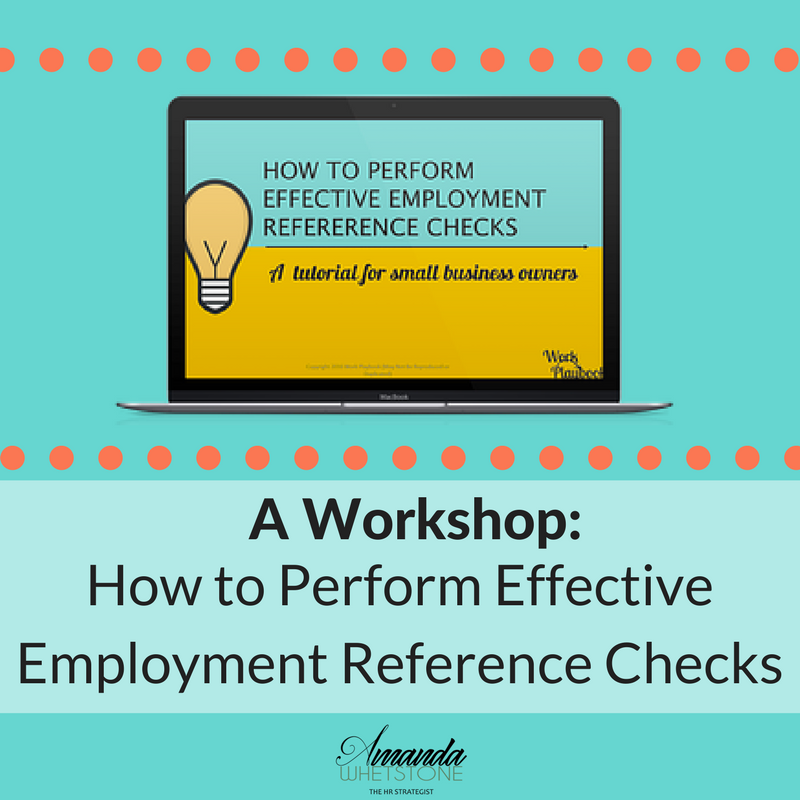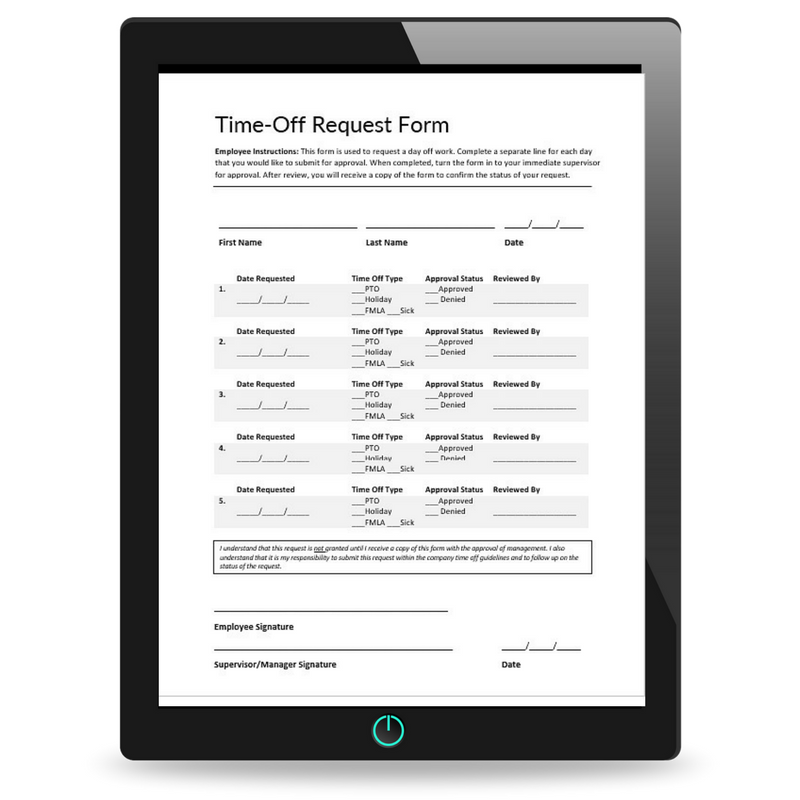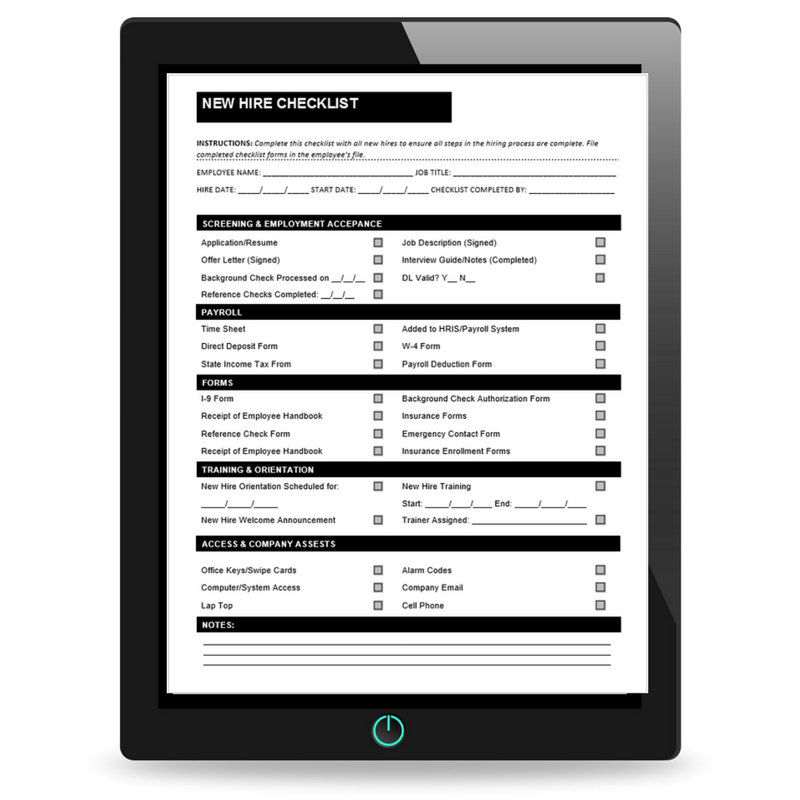|
If you have human resources policies written and have developed some type of employee handbook, I’m giving you big props right now. You’re a step ahead of the game and should be proud that you’ve put some structure around the people part of your business. Now if you haven’t taken the time to write your employee handbook, this post still has some nuggets for you to consider while you’re planning the policies that will form the handbook. (But hey, I seriously want you to get to work on that handbook ok? Good.)
So back to employee handbook having friends, I’m sure you put a lot of thought into what to include in your handbook. You thought through what problems you wanted to avoid, prevent or manage. Even if you copied and pasted something you found online, you had a purpose for including that particular topic. Maybe you even thought through how you wanted to handle various problems that may arise so you and your management team have a framework to use in making decisions about employee behavior instead of just winging it by the seat of your pants on a case by case basis.
But how do you know when it’s time to revise a policy or just toss it all together? Once you write and publish the handbook are you stuck with the thing forever? Absolutely not. Policies get outdated. Your business changes, it grows and so should your employee handbook and the policies contained in it. In fact I suggest a thorough review of the employee handbook at least once a year. This keeps things up to date and relevant. But I see so many small business owners struggling with policies in their employee handbooks while at the same time not wanting to make changes to those policies.
There is no need for this at all. In fact, there are four very concrete signs that you need to toss or revise a policy. These are like warning signs of trouble ahead. However if you’re experiencing any of the four warning signs we’re about to dive into, the alarm is sounding.
You have a hard time enforcing the policy consistently with all employees.
Policies and rules should be enforced consistently with all employees. Bending the rules or making exceptions to policy for certain employees indicates that there is a problem with the policy. You might not notice this as a problem because the reasons to make the exception might be compelling. Any of these sound familiar?
If you're not able to do away with these "exceptions" it's time to do away with that particular policy. For a policy to be effective it must be enforced impartially with all employees in whatever circumstance. Finding wiggle room means the policy isn't working for your business and it's perfectly alright to make a change.
When it's not working. Despite having the policy in place you're not getting the results you want.
There were good intentions when you sat down and whipped up this policy. You were going to end whatever issue once and for all. But despite the policy and enforcing it, the issue is still there staring you in the face and taking up too much of your time. The policy is not working. If you're not getting the results that you want it's time to take further action.
When it doesn't feel good or reflect the culture you want to build.
Policies ideally support your the operation of your business and the type of experience you want your employees have as part of your business. How your employees experience your business is your business culture. The culture of your business can evolve over time. Your policies should also change to reflect the culture you want to have and also implement those changes in how you engage with employees. For example if you want a culture that supports families and working parents those are just words if your family leave policy barely allows for time off after the birth of a newborn or your attendance policy makes it impossible for your employees to attend important events at their child’s school. Or maybe the policy just doesn't feel. You cringe and feel like a jerk every time you have to enforce it. I worked with a business owner who felt miserable after terminating an employee for missing too many days after the loss of a grandparent. I asked her, why do you keep this policy if it makes you feel so horrible to enforce it? There have to be rules, but you're the boss. You get to make them up. So why struggle with a policy that you hated in corporate America just because you think it's what you should have in your business? She ultimately changed her bereavement policy so it is more in line with with culture she wanted to create and her values as a human being. Ditch it or revise it if:
When it isn't human. It's impossible dude.
Can we write policies for human beings please? We really should because we all employee humans. Unfortunately we humans make mistakes, life throws us curve balls. We’re not perfect. Things like having crazy high production rates, unreasonable attendance standards, arbitrary service times before being able to take time off. (Really who can wait six months to take a day off or want to give two months notice to request it.) Or maybe the employee has to make 5 million widgets an hour. Totally not human and unrealistic. Policies should set boundaries and realistic expectations for behavior and performance. Build the your policies with this in mind. Setting a policy that even the best and responsible employee can’t follow is not only pointless, but it’s unfair. It is possible to be too strict. The goal of a policy is to create order not murder moral. Ditch it or revise it if:
You’re in total control of the policies that make your business tick. Use that power to create policies and procedures that you will feel good about consistently enforcing and that serve a clear purpose in the functioning of your business.
0 Comments
Leave a Reply. |
On SocialLATEST WORKSHOPSmust reads!HELPFUL RESOURCESTIME OFF REQUEST FORM
NEW HIRE CHECKLIST
INTERVIEW PLANNING WORKBOOK
|











